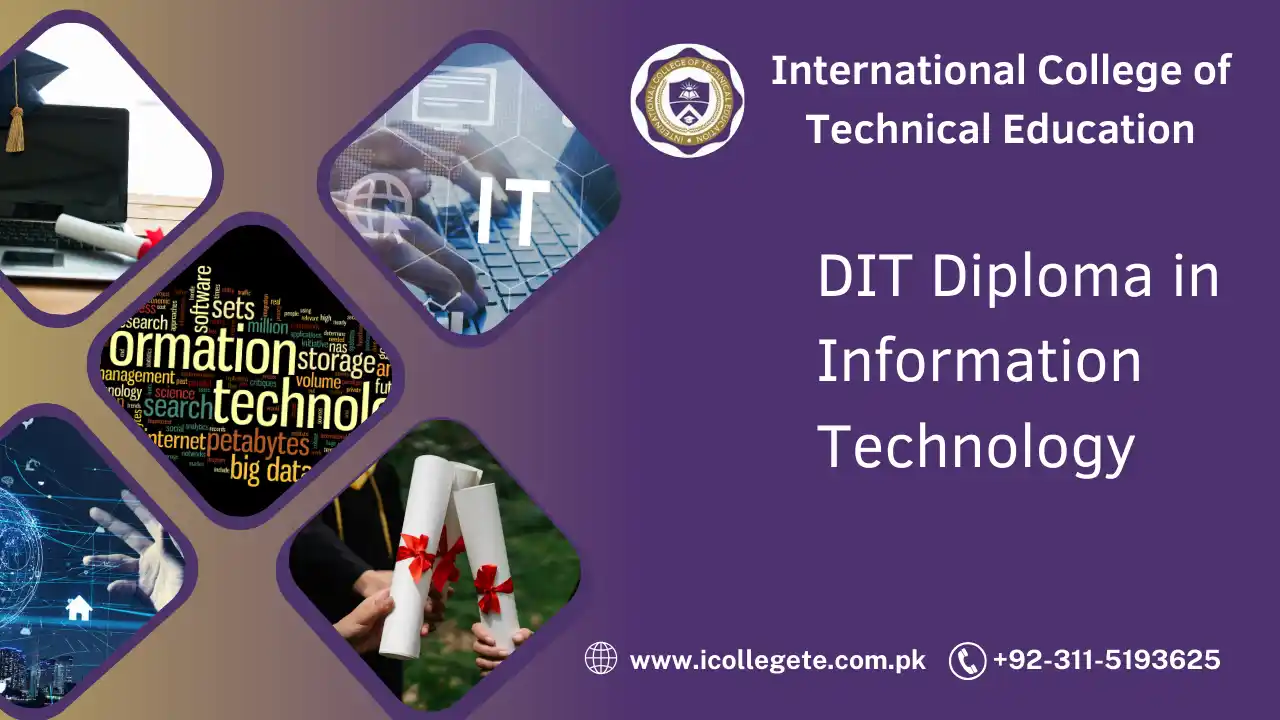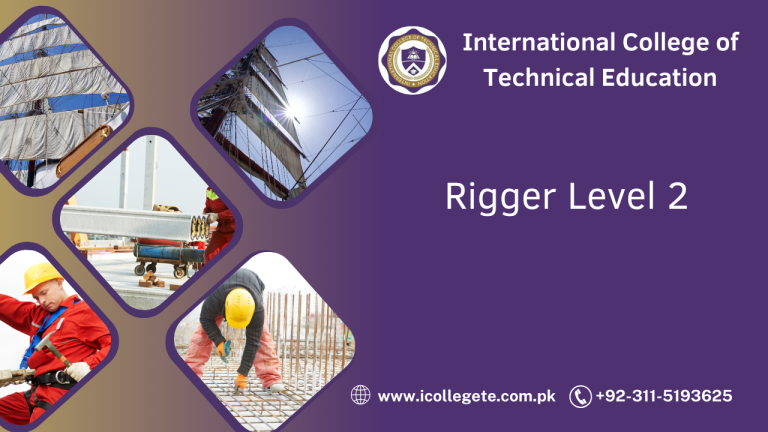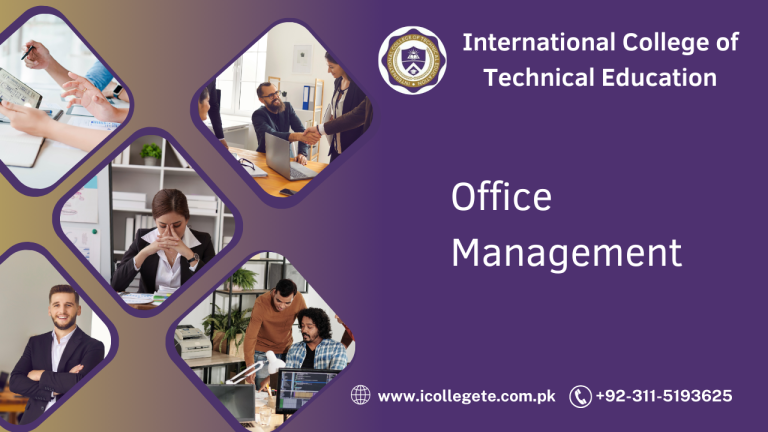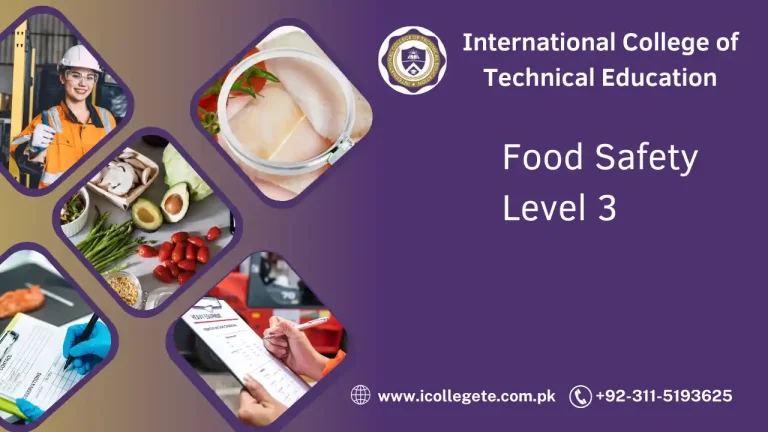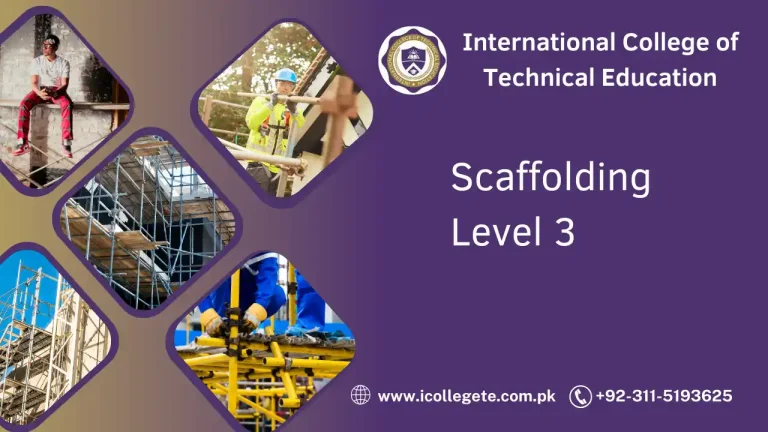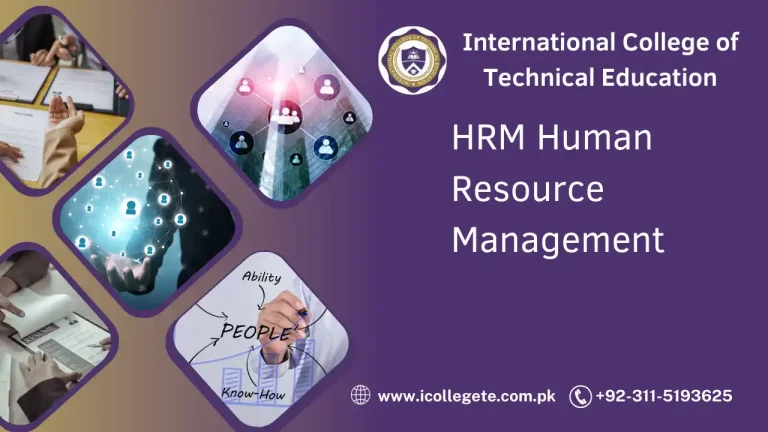In today’s highly digitalized world, proficiency in Information Technology (IT) has become a vital skill across industries. Whether you are looking to kickstart your career in IT or enhance your existing skillset, the DIT Diploma in Information Technology course in Sargodha provides comprehensive training designed to prepare you for a wide array of IT roles.
The DIT Diploma in Information Technology is a professional qualification designed to equip students with advanced IT skills, making them ready for the workforce or enabling them to pursue higher studies in IT. This course provides in-depth knowledge of various IT disciplines, including hardware, software, networking, programming, and databases
Upon completion of the diploma, students will possess the skills needed to work in various IT roles, such as network administrator, IT support specialist, or database administrator, among others. This qualification is an excellent foundation for those looking to pursue a long-term career in IT.
Course Overview
The DIT Diploma in Information Technology course in Sargodha offers a well-rounded curriculum that covers essential aspects of information technology. The course is designed for both beginners and those who already have basic computer knowledge. Students will receive thorough training in core IT areas, which will prepare them for entry-level to intermediate-level IT positions.
The course also provides an opportunity for students to specialize in areas like networking, database management, or software development. By the end of the program, students will have the skills and confidence to work in diverse IT environments.
Study Units
The DIT Diploma in Information Technology course consists of the following key study units:
- Introduction to Information Technology
- Overview of IT and its importance in modern businesses and society.
- Basic computer hardware and software components.
- Types of computers, operating systems, and their functionalities.
- Computer Hardware and Software
- Detailed study of computer components, including processors, memory, storage devices, and peripheral devices.
- Installation, configuration, and troubleshooting of hardware.
- Operating systems installation and management.
- Networking Fundamentals
- Introduction to networking concepts, including types of networks (LAN, WAN, etc.).
- Understanding network devices (routers, switches, hubs).
- Basics of IP addressing, subnets, and network protocols.
- Configuring and managing network infrastructure.
- Operating System Management
- In-depth understanding of popular operating systems like Windows and Linux.
- Managing files, user accounts, and system resources.
- System troubleshooting and maintenance techniques.
- Programming and Software Development
- Introduction to programming languages such as Python, C++, or Java.
- Basic programming concepts such as variables, loops, functions, and control structures.
- Writing simple programs and debugging common issues.
- Object-oriented programming (OOP) principles.
- Database Management Systems
- Basics of databases, relational databases, and database management systems (DBMS).
- Data modeling, creating databases, and using Structured Query Language (SQL).
- Querying and manipulating data, ensuring data integrity, and managing database security.
- Web Development Basics
- Introduction to web development, including HTML, CSS, and JavaScript.
- Understanding the structure of websites, including how to create basic web pages and implement interactive elements.
- Introduction to web hosting, domain names, and web servers.
- Cybersecurity and IT Security
- Fundamentals of IT security, including risk management and threat assessment.
- Types of cyber threats such as malware, phishing, and ransomware.
- Basic techniques for protecting computers and networks from security breaches.
- Best practices for data encryption and securing sensitive information.
- IT Support and Troubleshooting
- Identifying and resolving hardware and software problems.
- Troubleshooting network and system issues.
- Providing technical support and customer service in IT environments.
Learning Outcomes
Upon completing the DIT Diploma in Information Technology course, students will:
- Have a strong understanding of IT fundamentals, including computer hardware, software, and operating systems.
- Be proficient in setting up, configuring, and maintaining computer networks and systems.
- Possess basic to intermediate programming skills to write simple applications and solve problems.
- Be skilled in using databases and writing SQL queries for data management.
- Have the ability to design and develop basic websites and web applications.
- Understand the core concepts of cybersecurity and apply best practices to secure IT systems.
- Be capable of troubleshooting common IT issues and providing IT support in various environments.
- Have the skills required to manage and maintain IT infrastructure, including networks and databases.
Course Benefits
- Comprehensive Learning: The DIT Diploma provides a well-rounded education in IT, covering both the theoretical and practical aspects of the field. This ensures that students are prepared for real-world IT challenges.
- Industry-Ready Skills: The course is designed to provide students with the skills that are in high demand in the IT industry, making them job-ready upon completion.
- Hands-On Experience: Students gain practical experience in configuring hardware, networking, programming, and database management, which is critical for working in the IT sector.
- Job Opportunities: The diploma opens doors to a wide range of IT jobs, including roles such as IT support technician, network administrator, software developer, and database administrator.
- Foundation for Further Studies: The course lays the groundwork for further education and certifications in specialized IT fields like cloud computing, cybersecurity, and advanced programming.
- Enhanced Career Prospects: Completing the DIT Diploma increases employability in a technology-driven job market and provides an edge in securing entry-level to mid-level IT positions.
Who Is This Course For?
The DIT Diploma in Information Technology course is suitable for:
- Beginners in IT: Individuals with limited or no prior IT knowledge who wish to build a strong foundation in information technology.
- Job Seekers: Those looking to enter the IT industry and seek a recognized qualification that demonstrates their capabilities in the field.
- Students and Graduates: Individuals who wish to further their studies in IT or pursue a career in computer science, software development, or network administration.
- Professionals Seeking Skill Enhancement: Individuals already working in non-IT roles but looking to expand their technical skills for career advancement or a career change.
- Entrepreneurs and Small Business Owners: Those looking to understand the IT needs of their business and manage their IT infrastructure effectively.
Future Progression
After completing the DIT Diploma in Information Technology, students can pursue the following career paths or further studies:
- Specialized IT Certifications: Students can pursue certifications such as CompTIA A+, Cisco CCNA, Microsoft Certified Solutions Associate (MCSA), and Certified Ethical Hacker (CEH) to further specialize in areas like networking, cybersecurity, and system administration.
- Advanced Software Development: Students can progress to more advanced programming courses or pursue degrees in computer science or software engineering.
- Networking and System Administration: Graduates can pursue certifications and qualifications in network administration (e.g., CCNA, CompTIA Network+) and system administration to become network engineers or IT administrators.
- Database Administration: For those interested in data management, further studies in database administration and SQL can lead to roles such as database administrator or data analyst.
- Cybersecurity: Graduates can specialize in cybersecurity, pursuing certifications like Certified Information Systems Security Professional (CISSP) or Certified Information Security Manager (CISM) to work in IT security roles.
- Higher Education: Students interested in further academic qualifications can pursue a Bachelor’s or Master’s degree in Information Technology, Computer Science, or related fields.
The DIT Diploma in Information Technology course in Sargodha offers a comprehensive education that equips students with the practical skills and knowledge required to thrive in the IT industry. With its well-structured curriculum, hands-on learning approach, and focus on current IT practices, this diploma is an excellent starting point for anyone interested in pursuing a career in technology. Whether you are a beginner or someone looking to enhance your IT skills, the DIT diploma provides a solid foundation for future career growth in the IT sector.

